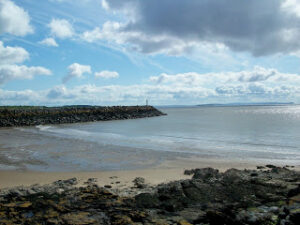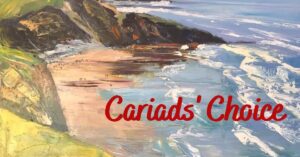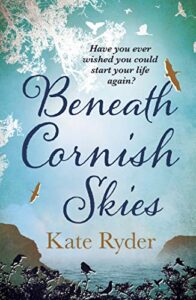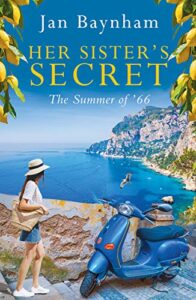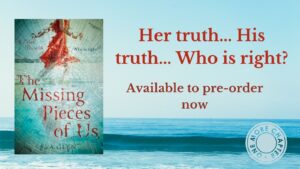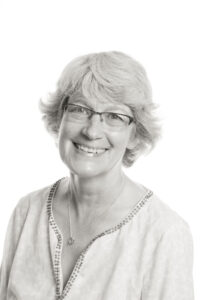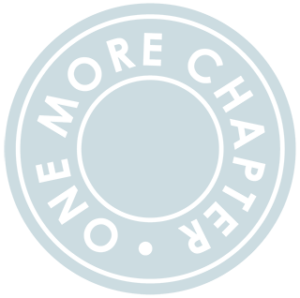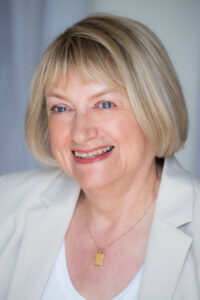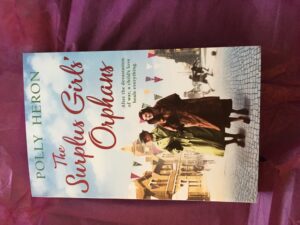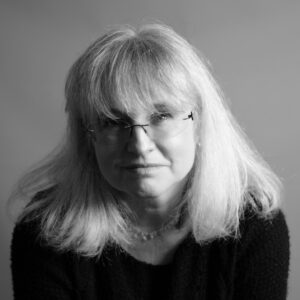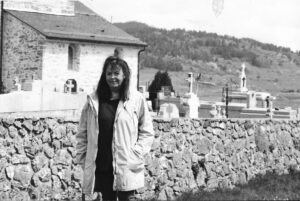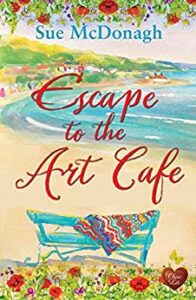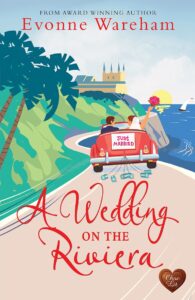Reading Claire Dyer’s latest poetry collection, Yield, is to share an intimate journey told in a way very few people – if, indeed, anyone else – could tell it.
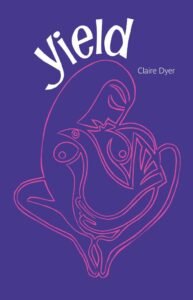 A collection of poems that tell a recognisable story is a rare and beautiful thing, but at times this story is not beautiful, although it does have a happy ending. As a mother, how do you feel when your son comes home and tells you that they are really your daughter? What does it mean to accompany them through their transition from one to the other?
A collection of poems that tell a recognisable story is a rare and beautiful thing, but at times this story is not beautiful, although it does have a happy ending. As a mother, how do you feel when your son comes home and tells you that they are really your daughter? What does it mean to accompany them through their transition from one to the other?
The order of poems in any collection is key and Yield is punctuated by poems with the same name, but numbered; Yield, Clinic, Coming Out. They give the book unity and rhythm, and show the reader the key elements of the transition process, the ones that I guess everyone would go through.
Some readers find poetry difficult; I think because some poets consider their role is to obfuscate, but Claire Dyer’s style is very different. There is a clear communication of ideas, through a clever use of everyday language, for example the opening lines of Abroad:
“the waiters mistake us for sisters.
No, we say, laughing.
We know they know we’re not,
but we’re more than
who we seem.”
In this poem and in others there is a real sense of storytelling; vignettes from mother and child’s life before, during and after the transition process. Fireflies is about a sleepless winter night; the stunning Doing Cartwheels at the Ritz speaks for itself; Wardrobe the heartache of a mother clearing boyhood clothes – which has a truly joyful counterpoint in Shopping:
“Let us go then, you and I, to Primark, Zara, Reiss.
The sky’ll be brilliant and,
around us, shoppers will burst into song,
dance on the up escalators and the down
as we load our arms with gorgeousness,
lacework brushing our shins.”
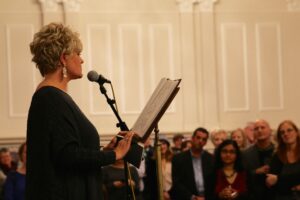 I do wonder if one of the reasons I love this poem so much is because I know Claire to be an expert shopper; so elegant in her own dress, and generous in her time to help those less ‘expert’, like me. I remember once we spent hours in Reading as she guided my choice of the perfect handbag, which I would point out that was no mean feat as I detest shopping and had multiple – and not always compatible – criteria, for even this simple requirement.
I do wonder if one of the reasons I love this poem so much is because I know Claire to be an expert shopper; so elegant in her own dress, and generous in her time to help those less ‘expert’, like me. I remember once we spent hours in Reading as she guided my choice of the perfect handbag, which I would point out that was no mean feat as I detest shopping and had multiple – and not always compatible – criteria, for even this simple requirement.
There are other moments depicted in Yield that, having been alongside Claire for at least some of this journey, I recognise. To have listened as Claire talked about her son becoming her daughter, inch by painstaking inch, was a privilege and I was proud to be confided in, but not being a mother myself there was so much I could not understand.
Not least was that for a long time we called Lucy ‘L’. Having read one short poem, I now get it completely. And that is what great poetry does; it increases our understanding.
“I wrote your names
with a knife on my heart and voiced them
in black ink and blue ink I typed texted
and dreamt the names you were meant to pass on
that you’ve passed on now you have names
I can’t say because try as they might they’re not in my chest like
the rest that are still holding fast to the bones
in my back and my neck and my mouth is full
of dry grasses rivers and trees”
Yield is Claire Dyer’s third poetry collection and is published by Two Rivers Press.


